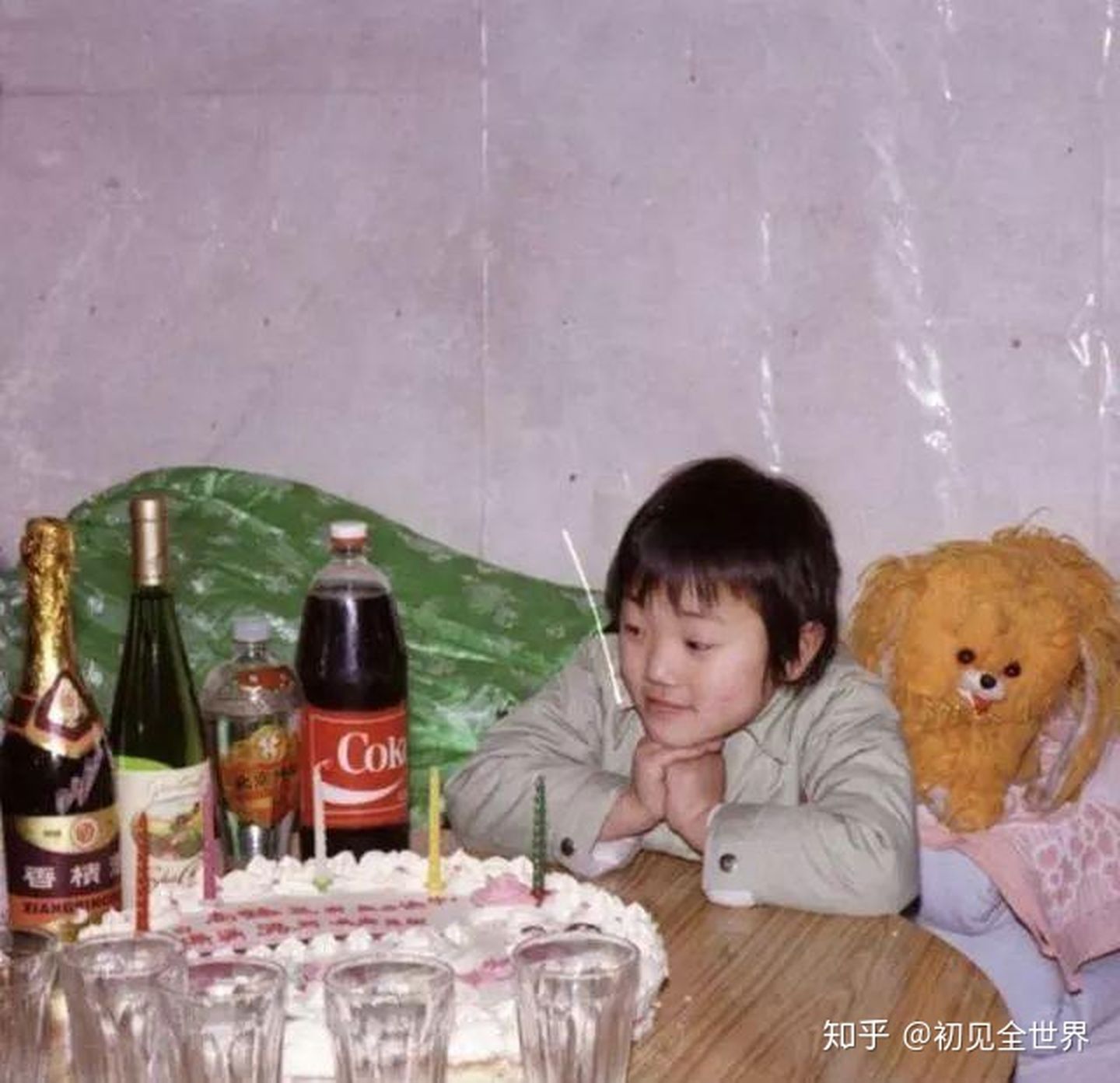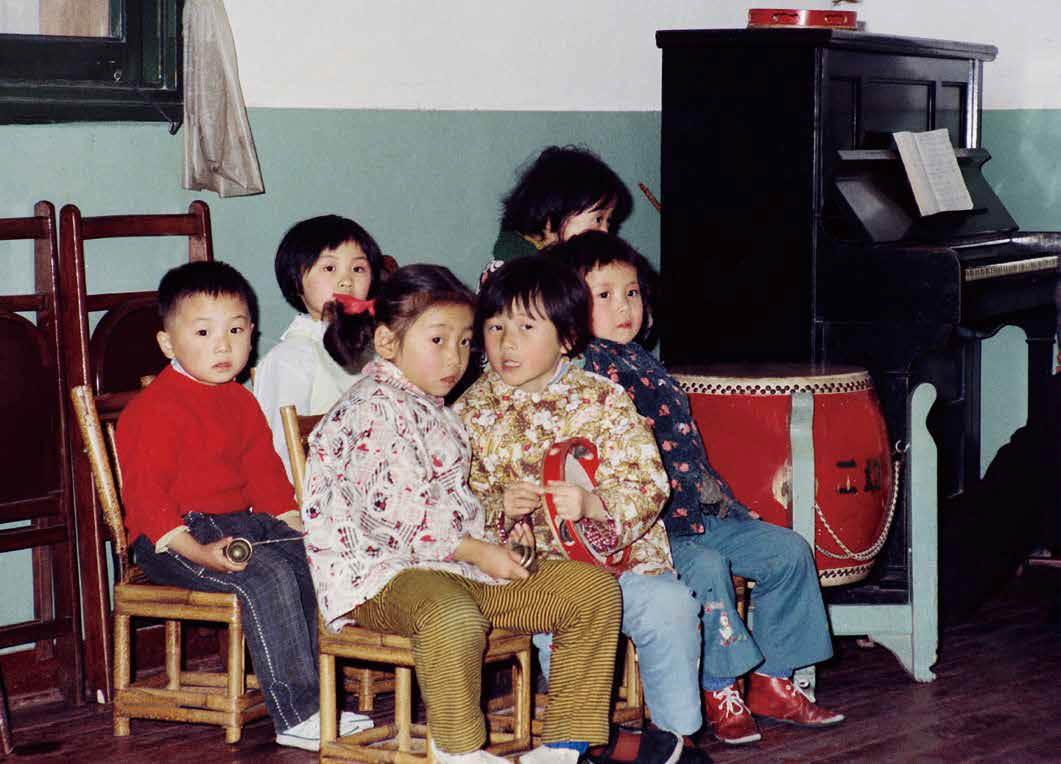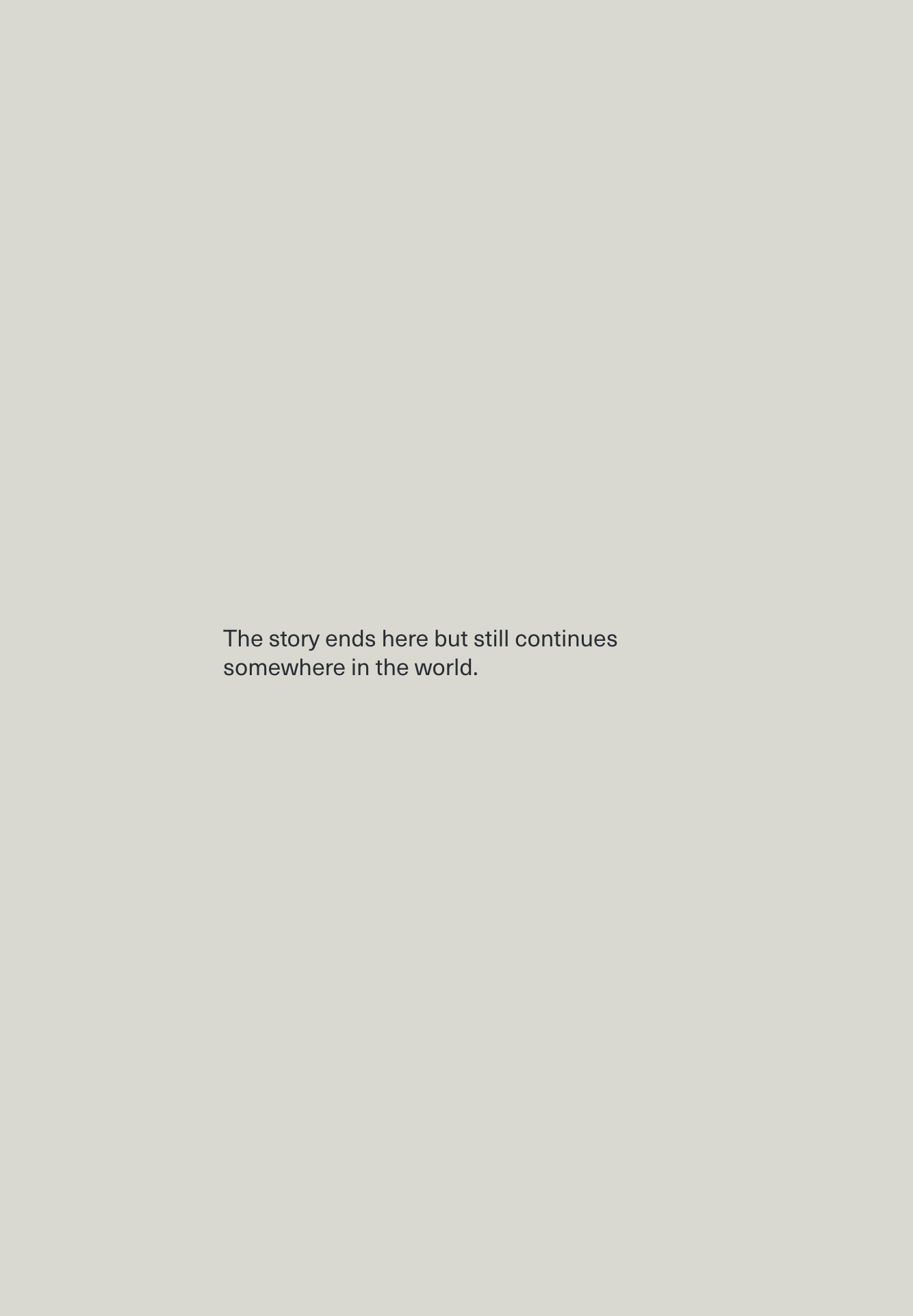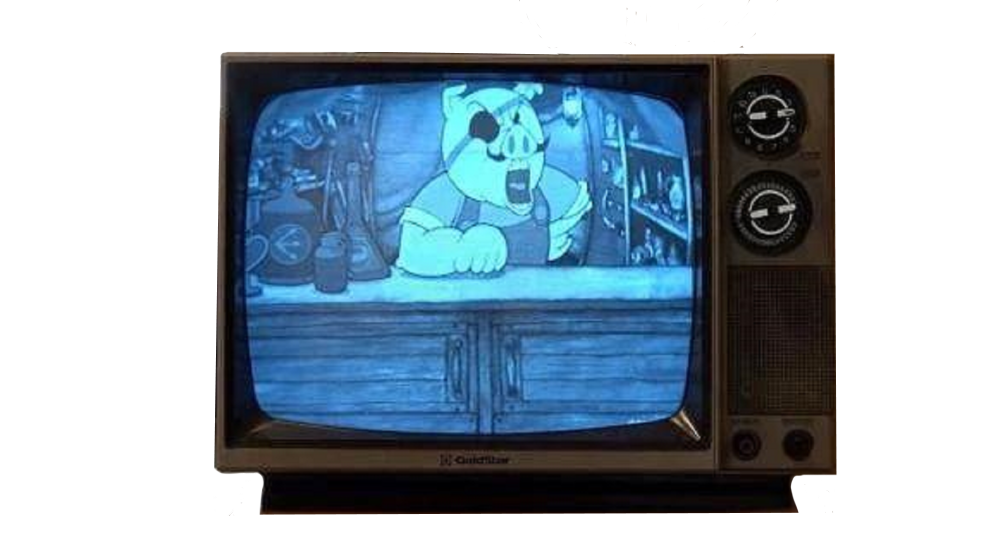’84
You are the first generation of the one–child policy. The most memorable moment
in your childhood is watching TV at home, waiting for your parents to get home.
It’s getting darker. When there’s only the flickering light from the TV, you turned
on the light and continued your waiting.
You know that mom and dad will be home after the next cartoon.





